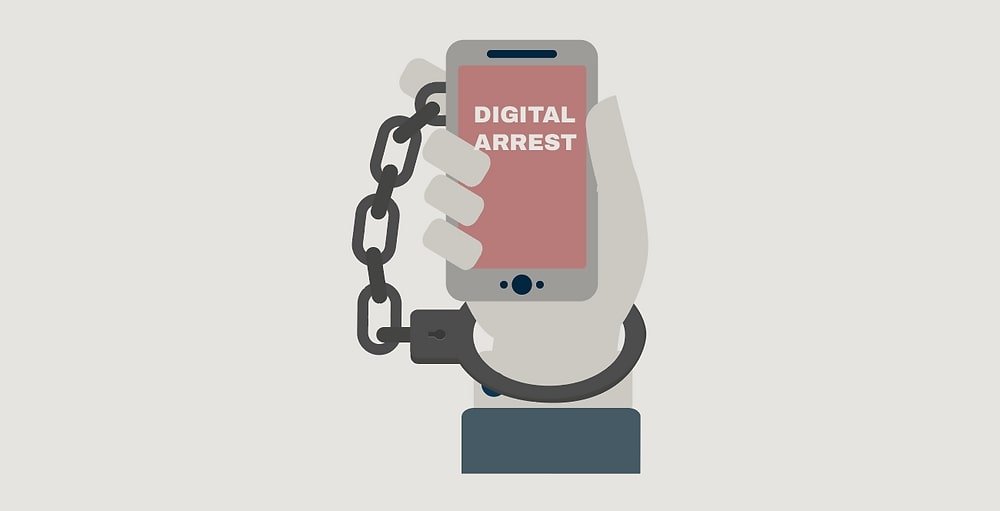A case of cyber fraud has emerged in Lucknow, where a 70-year-old retired naval officer, Surendra Pal Singh, and his elderly father were subjected to what police officials are calling a “digital arrest.”
According to investigators, cybercriminals posing as Central Bureau of Investigation (CBI) officials threatened the family with money laundering charges. Under fear, the victims were coerced into staying indoors for six days while Singh’s son, worried for his father’s safety, transferred INR 1.29 Crore into multiple bank accounts.
Data Protection and DPDP Act Readiness: Hundreds of Senior Leaders Sign Up for CDPO Program
Modus Operandi
The fraudsters first introduced themselves as “CBI officer Ampher Alok Singh.” They demanded funds for account “verification,” assuring the family that the money would be returned after temporary checks. Instead, the criminals continued to exert pressure and conducted daily video calls to ensure the victims did not leave their home—effectively placing them under “digital arrest.”
Growing Pattern
This is not an isolated incident. Similar fraud cases have been reported recently:
- A professor in Indiranagar lost INR 78.50 Lakh.
- Canada-based NRI sisters, including Suman Kakkar, were duped of INR 1.88 Crore.
- A woman doctor at SNIMS hospital was cheated of INR 2.81 Crore.
Expert Warning
Cybercrime expert and former IPS officer Prof. Triveni Singh explained, “Digital arrest is a new strategy where fraudsters blend technology with psychological pressure. Victims are convinced that their lives will be ruined if they don’t comply.”
He stressed that no government agency can arrest or demand money via phone or video calls. Victims are advised to disconnect immediately and report such calls to the national helpline 1930.
The case has sparked concern over the growing vulnerability of senior citizens and professionals in the digital era. For families like Singh’s—who dedicated their lives to serving the nation—such frauds highlight not just gaps in cyber security, but also a deeper erosion of trust in society.



